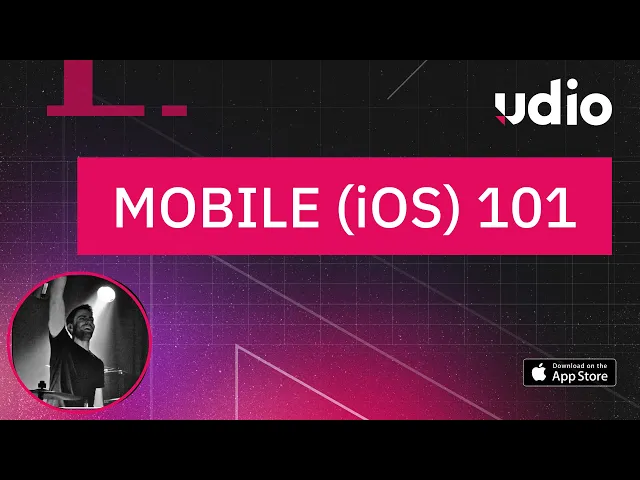Introducing Udio on mobile: your AI music studio on the go

AI music creation goes mobile with Udio
In a significant evolution for creative tools, Google has unveiled a mobile version of its Udio AI music generation platform. This expansion brings sophisticated music creation capabilities to smartphones, potentially democratizing music production in ways previously unimaginable. While the desktop version has already impressed users with its ability to generate music from text prompts, the mobile implementation represents a strategic push to make AI music creation more accessible and spontaneous.
Key developments with Udio mobile:
-
The mobile version maintains the core text-to-music functionality but adapts the interface for on-the-go creation, allowing users to generate original music through simple text descriptions anywhere they have their phone.
-
Google has implemented a streamlined workflow specifically designed for mobile contexts, with intuitive controls for regenerating sections, adjusting length, and making iterative improvements to compositions.
-
The platform preserves advanced capabilities like modifying specific segments of generated tracks and adjusting instrumental elements, despite the more compact mobile interface.
-
Users can seamlessly share their creations directly from the mobile app, reinforcing the social and collaborative potential of AI-generated music.
-
The Android version is available now, with iOS coming soon, indicating Google's commitment to platform expansion.
The democratization of creative tools
What's most striking about Udio's mobile expansion is how it represents a fundamental shift in creative accessibility. Traditionally, music production required significant technical knowledge, expensive equipment, and dedicated studio space. Even early digital audio workstations demanded powerful computers and complex interfaces. Udio mobile potentially bypasses all these barriers.
This matters profoundly because creative tools have historically followed a pattern: they begin as specialized, expensive solutions for professionals, gradually becoming more accessible to enthusiasts, and eventually reaching consumer-level simplicity. What makes AI tools like Udio different is the dramatic compression of this timeline. We're witnessing the collapse of the traditional adoption curve, with professional-grade capabilities immediately available to anyone with a smartphone.
The overlooked implications
One aspect the announcement didn't explore is how Udio mobile might transform music education and experimentation. Traditional music education follows structured progressions through theory, technique, and composition. AI-generated music inverts this model by allowing immediate creation, potentially followed by deconstructive learning.
Imagine a classroom where students first create complete compositions through AI
Recent Videos
How To Earn MONEY With Images (No Bullsh*t)
Smart earnings from your image collection In today's digital economy, passive income streams have become increasingly accessible to creators with various skill sets. A recent YouTube video cuts through the hype to explore legitimate ways photographers, designers, and even casual smartphone users can monetize their image collections. The strategies outlined don't rely on unrealistic promises or complicated schemes—instead, they focus on established marketplaces with proven revenue potential for image creators. Key Points Stock photography platforms like Shutterstock, Adobe Stock, and Getty Images remain viable income sources when you understand their specific requirements and optimize your submissions accordingly. Specialized marketplaces focusing...
Oct 3, 2025New SHAPE SHIFTING AI Robot Is Freaking People Out
Liquid robots will change everything In the quiet labs of Carnegie Mellon University, scientists have created something that feels plucked from science fiction—a magnetic slime robot that can transform between liquid and solid states, slipping through tight spaces before reassembling on the other side. This technology, showcased in a recent YouTube video, represents a significant leap beyond traditional robotics into a realm where machines mimic not just animal movements, but their fundamental physical properties. While the internet might be buzzing with dystopian concerns about "shape-shifting terminators," the reality offers far more promising applications that could revolutionize medicine, rescue operations, and...
Oct 3, 2025How To Do Homeless AI Tiktok Trend (Tiktok Homeless AI Tutorial)
AI homeless trend raises ethical concerns In an era where social media trends evolve faster than we can comprehend them, TikTok's "homeless AI" trend has sparked both creative engagement and serious ethical questions. The trend, which involves using AI to transform ordinary photos into images depicting homelessness, has rapidly gained traction across the platform, with creators eagerly jumping on board to showcase their digital transformations. While the technical process is relatively straightforward, the implications of digitally "becoming homeless" for entertainment deserve careful consideration. The video tutorial provides a step-by-step guide on creating these AI-generated images, explaining how users can transform...
